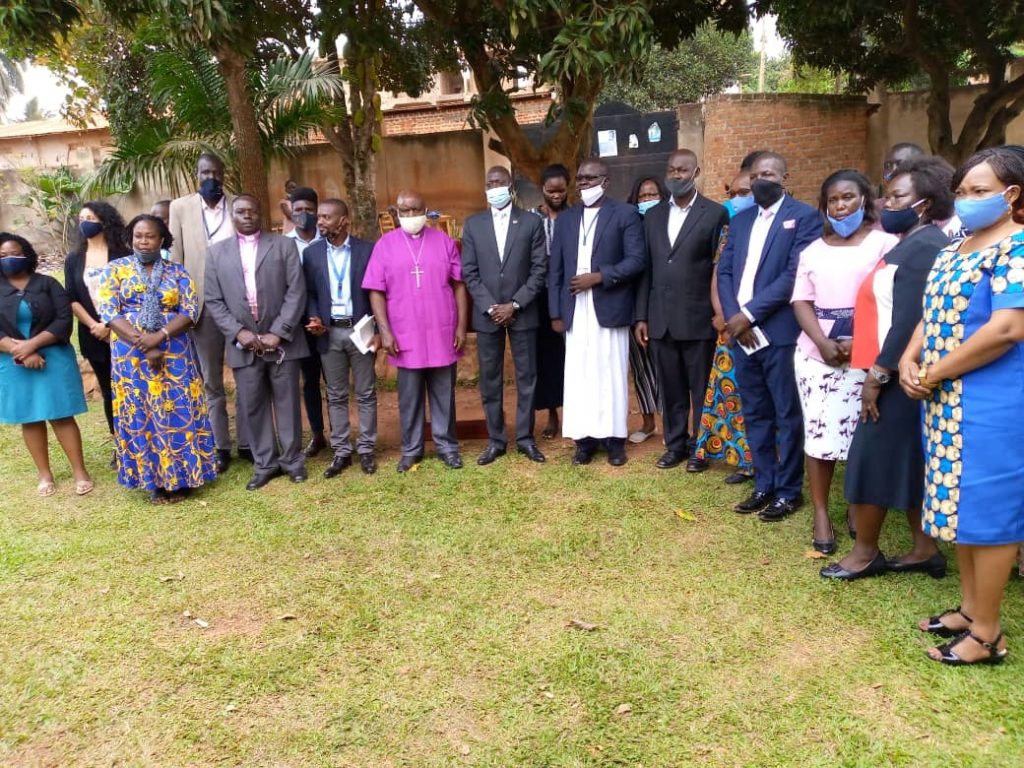South Sudan Council of Churches Messages Marking the International Day for the Elimination of Sexual Violence in Conflict
“No, my brother! she cried…Don’t do this to me!…Where could I go in my shame and disgrace?…” (2 Samuel 13:12-13
To mark the International Day for the Elimination of Sexual Violence in Conflict, observed globally on 19th June, South Sudan Council of Churches (SSCC) would like to call and request all Churches across South Sudan to include some of the following messages during the religious services to be held on Saturday 19th June 2021 and Sunday 20th June 2021.
Messages:
- Acts such as rape, sexual slavery and forced marriage are crimes under South Sudanese laws and are inconsistent with teachings and principles of Christian faiths.
- Parties to the conflict in South Sudan made commitments to protect civilians, especially to prohibit their respective forces to commit, command or condone acts of sexual violence. Such commitments must be upheld.
- The Church commends survivors – both men and women – for their strength in speaking up against sexual violence defying a culture of stigma and fears of retaliation.
- There is no shame in being a victim of sexual violence; the shame must lie with those who perpetrate such heinous acts.
- Families, communities and institutions must acknowledge the suffering endured by all survivors of conflict-related sexual violence instead of viewing them with suspicion or judgement.
- Government institutions have the primary responsibility to provide survivors with comprehensive services such as health, justice including reparations and livelihood programs. Communities, NGOs, civil society, citizens etc. can also help such efforts.
- Stigma related to sexual violence exacerbates and protracts the harm of the violence with at times lethal consequences. In South Sudan, survivors and their family members (for example, children born out of rape) often face rejection, isolation, abandonment by spouses, families and communities. Some contract HIV because of the shame of reporting rape in time to receive the post-exposure prophylaxis. At times others are forced to marry their rapist in the name of restoring social “harmony”.
- Victims of abductions who are returning after captivity for example in Jonglei should be welcomed back by families and communities without any form of stigmatization.
- Families, communities and institutions must stand ready to support the care and empowerment of survivors in accordance to survivors’ wishes and needs. The journey of recovery, reintegration, rehabilitation is unique to each survivor.
- The role of religious leaders of all faiths is to promote social cohesion among their followers and dialogue initiative to peacefully address any disagreement.
- Everyone must uphold the sacredness of human life, the inherent dignity of every human beings as well as their physical and mental integrity as reflected in the teachings and values of the Christian faith

